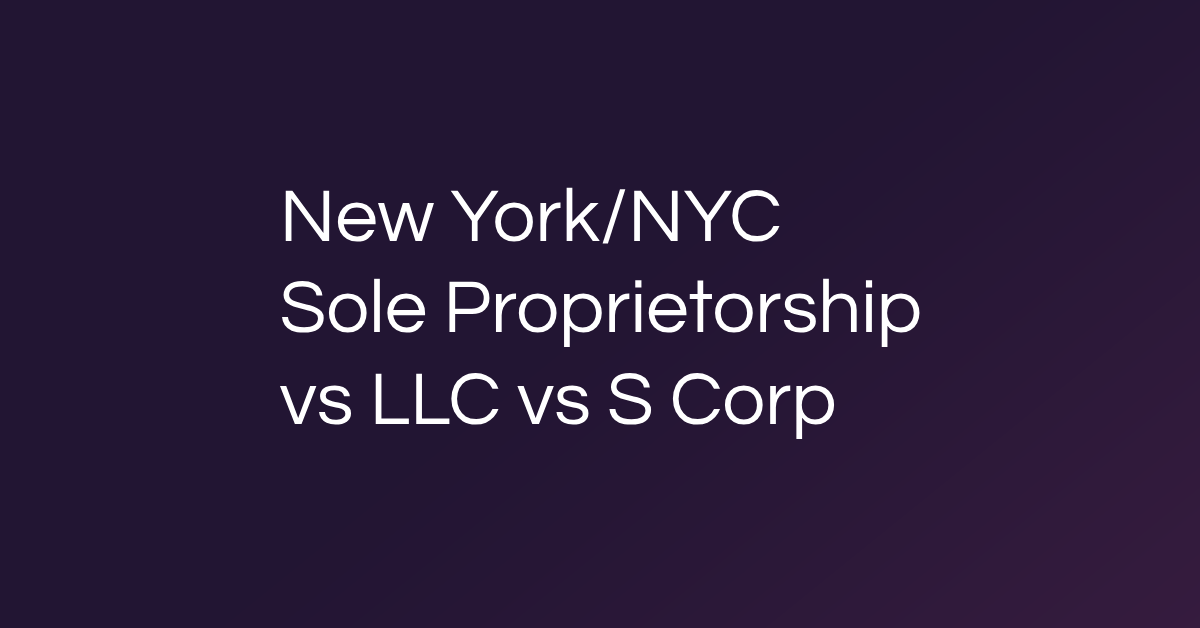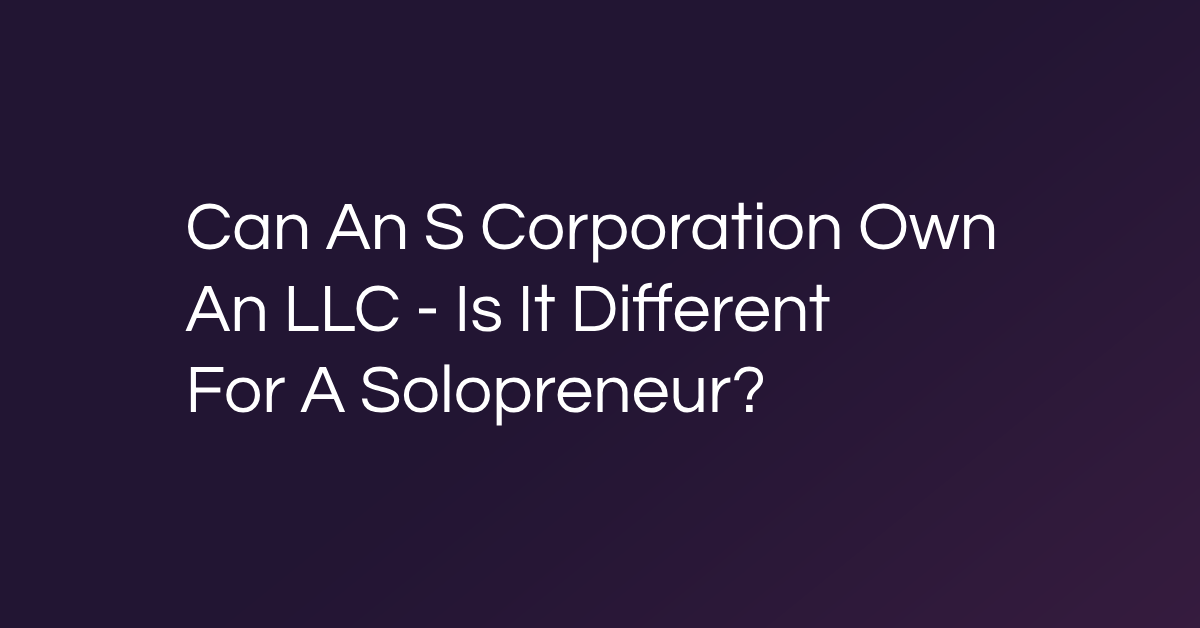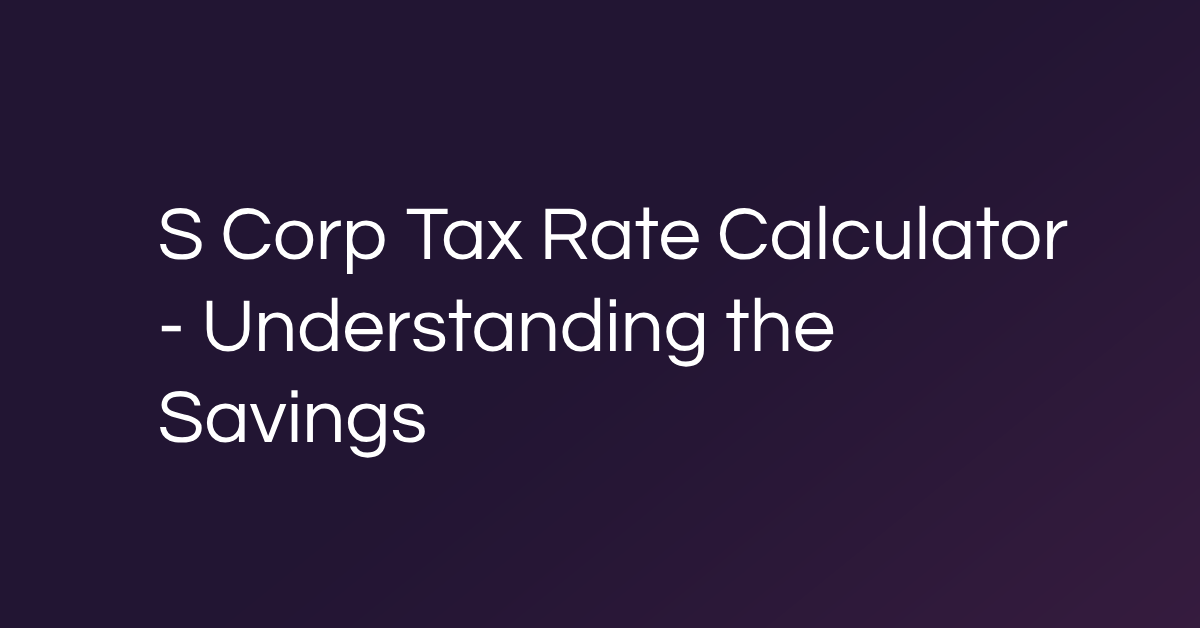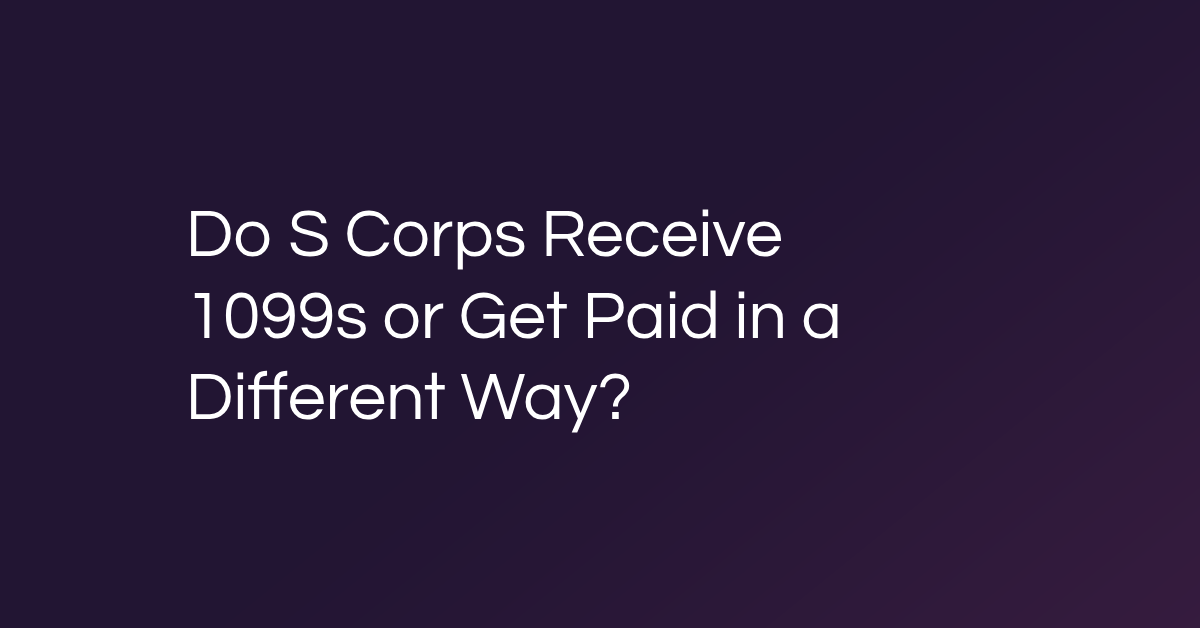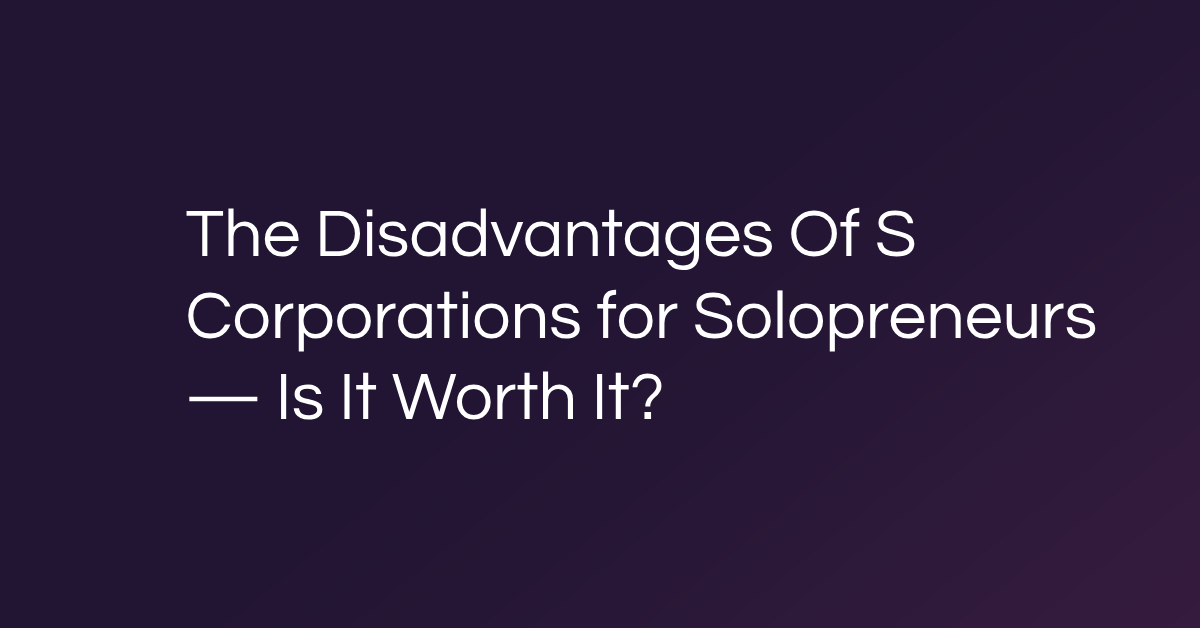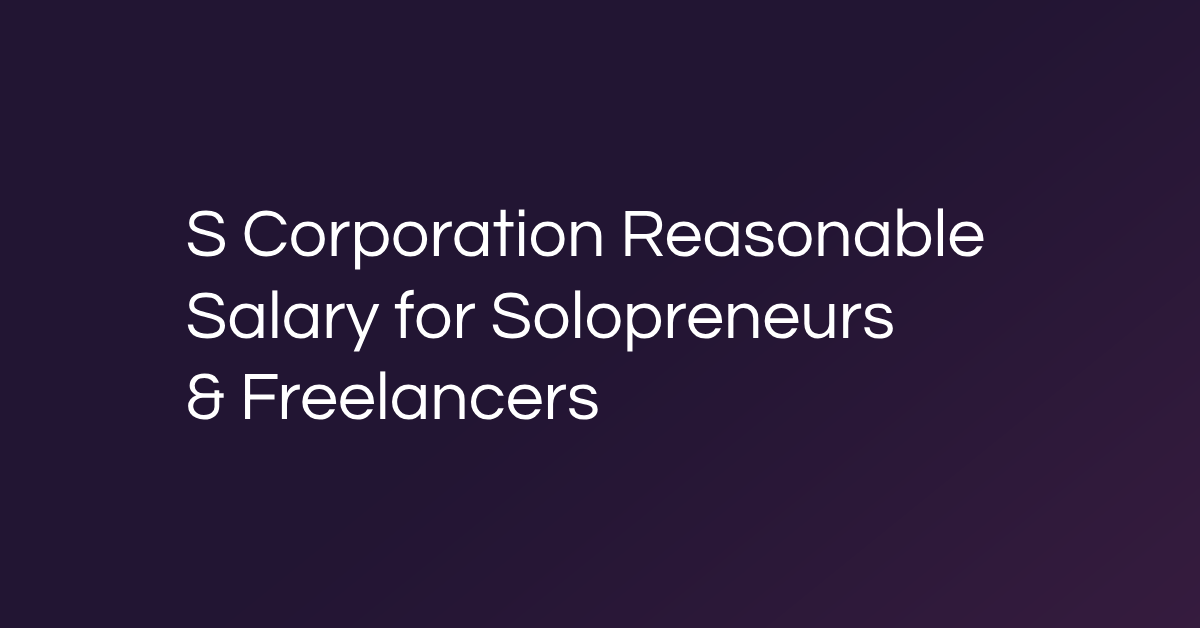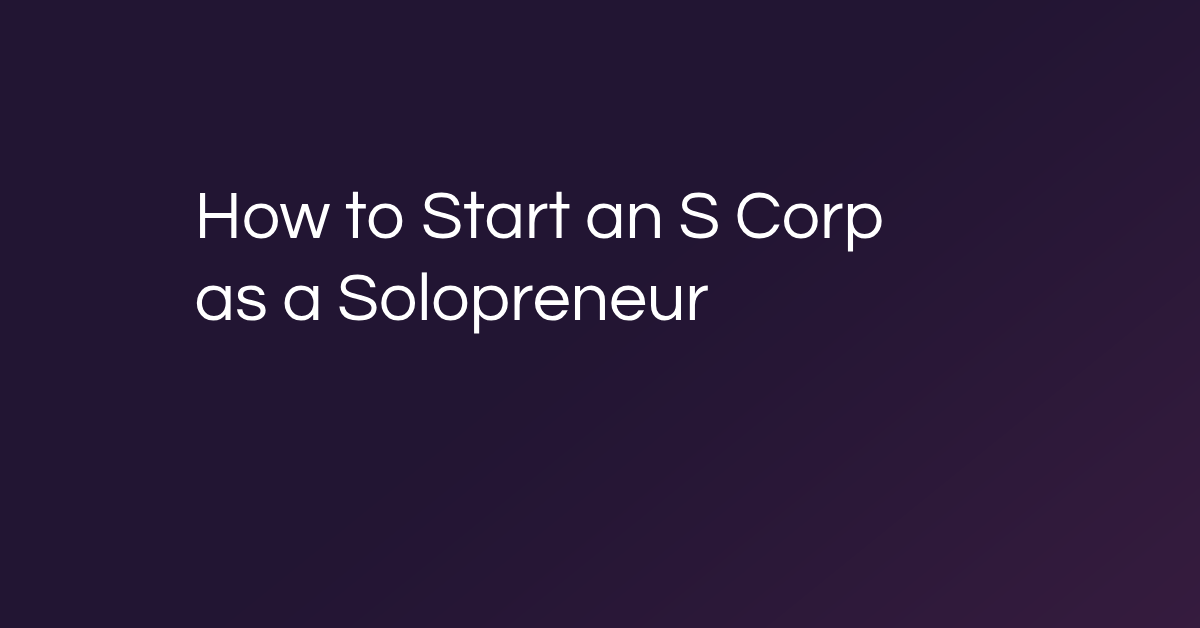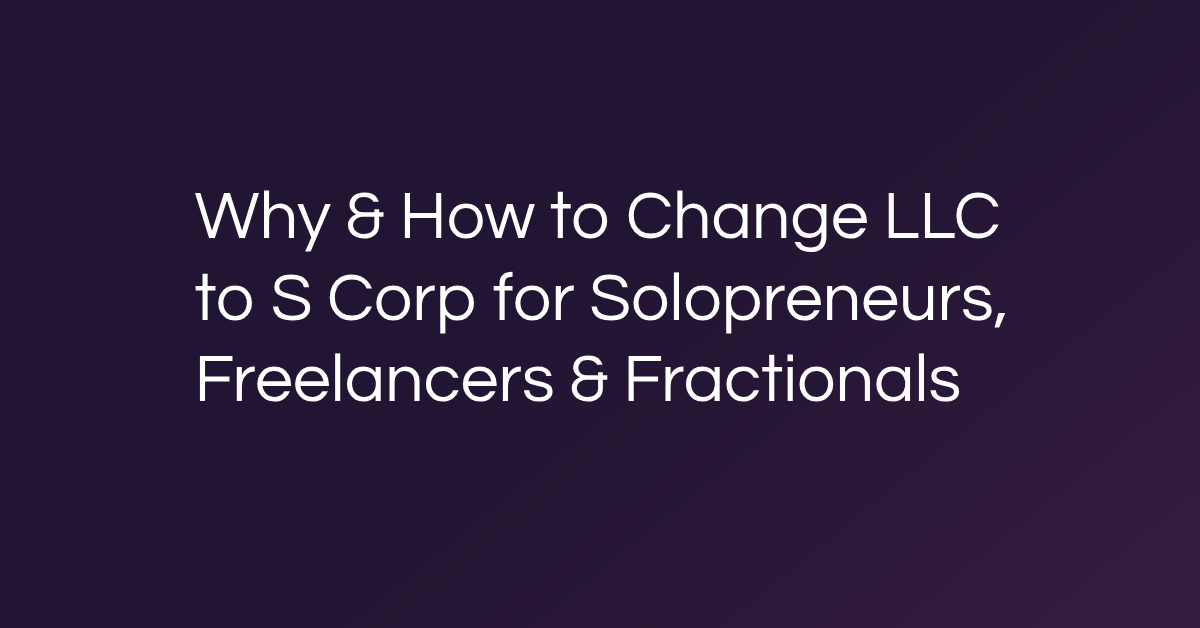Running a business of one in New York offers flexibility, independence, and a chance to scale on your terms. However, choosing the proper business structure is a key decision that shapes your taxes, liability, and long-term growth.
A sole proprietorship in New York is easy to set up but offers no legal separation between you and your business. An LLC or S corporation can provide more protection—and potentially reduce your tax burden.
To make the best choice, let’s break down what each option means for solopreneurs in New York so you can choose the structure that fits your goals and risk tolerance.
The basics of business structures in New York
New York recognizes several business structures, but three stand out for solopreneurs:
- Sole proprietorships
- LLCs
- S-corporations.
Each offers a different level of legal protection, tax treatment, and administrative responsibility.
Choosing the right structure affects how your business is taxed, how your personal assets are protected, and how complex your back-office setup becomes. It’s worth weighing these differences carefully before registering your business.
LLC vs. S-Corp: Definition
LLCs and S corporations are two formal structures that provide liability protection, unlike a sole proprietorship. Both options protect your personal assets from your business and require formation through the New York Department of State.
They differ in the following:
- How profits are taxed
- How owners receive compensation
- How ownership is structured
What is an LLC in New York?
A solo Limited Liability Company (LLC) is one of the most flexible and popular business structures for self-employed professionals.
New York LLCs offer simple management and favorable tax treatment for business owners, offering benefits such as:
- Easy management: New York LLCs don’t require corporate formalities like annual meetings or a board of directors.
- Tax treatment: Single-member LLCs are pass-through entities by default, so profits flow directly to your personal tax return.
What is an S-Corp in New York?
An S corporation is a tax election, not a separate business type, and it offers potential tax benefits for LLCs and corporations:
- Tax election: You can elect S-corp status as an LLC or a corporation, allowing profits to pass through to your personal return without corporate taxation.
- Self-employment tax savings: S-corps can reduce self-employment tax by allowing owners to take a reasonable salary and distributions.
- Compliance requirements: S-corps must follow strict rules, including running payroll and filing additional tax forms.
LLC vs. S-Corporation: Which is better for New York solos?
The best structure for your business depends on the following:
- Your goals
- Your income level
- How much administrative work you’re ready to manage
Many New York solopreneurs start with an LLC for its simplicity and protection, then elect S-corp status later as revenue grows.
If your business generates enough profit to justify running payroll and keeping up with more complex filings, an S-corp may reduce your overall tax liability.
Not ready for an LLC?
If you’re not ready to formalize your business, remaining a sole proprietorship may still be the correct choice—especially if you’re testing a new idea or operating at low risk.
Sole proprietorships offer simplicity but come with personal liability risks.
- Easy tax reporting: You report business income on your personal tax return.
- Low costs: There are no registration fees or compliance requirements.
- Personal liability: Since no legal separation exists, business-related liabilities expose your personal assets.
When you’re ready to level up, Besolo helps you make the switch to an S-corp or LLC, backed by expert support and tools to simplify the process.
Tax differences between New York LLC and S-Corp
LLCs and S-corps are pass-through entities at the federal level, but their tax treatment in New York differs.
You tax LLC income on your personal return, owe self-employment tax on all profits, and pay an annual NY filing fee based on gross income. For many solos, this is simple—but it can get expensive as your income grows.
S-corps require you to pay yourself a reasonable salary and withhold payroll taxes. You distribute the remaining profits as dividends, which aren’t subject to self-employment tax. This can lead to tax savings for businesses earning above $80K.
How do New York LLCs and S-Corporations handle liability protection?
LLCs and S-corps provide strong limited liability protection, shielding your assets from business debts or lawsuits.
Once formed with the state, an LLC automatically provides this protection. An S-corporation offers the same benefit, but only if the business is structured correctly and maintained with formal records, payroll, and compliance filings.
LLC vs. S Corporation ownership requirements comparison
In New York, ownership rules vary between LLCs and S corporations:
- New York LLCs:
- Allow unlimited members, including individuals, corporations, and even non-U.S. residents
- Offer flexibility in ownership structure and profit distribution, which is helpful for solos planning to grow or bring on partners.
- New York S-corporations:
- Are more restrictive. They can’t have more than 100 shareholders, all of whom must be U.S. citizens or residents, and ownership is limited to individuals, not partnerships or corporations.
- Must allocate profits strictly based on ownership percentages.
Which is easier to file in New York: LLCs or S-Corporations?
Forming an LLC in New York is typically more straightforward:
- You’ll file Articles of Organization with the Department of State
- Publish notices in two newspapers as required by law
- Pay the necessary fees
S-corporations involve additional steps.
- You must first form a corporation or LLC
- File IRS Form 2553
- Submit New York-specific election forms to complete the S-corp designation
If simplicity is your priority, an LLC is usually faster and more flexible.
FAQs about New York business structures
Should I convert my LLC to an S-Corporation to reduce taxes?
Possibly. LLCs and S-corps are taxed differently in New York, with minimal differences at lower income levels. As profits grow, S-corp status may reduce self-employment tax, especially when net income exceeds $80K.
How do you structure an LLC to an S-Corporation?
File IRS Form 2553 and the NYS S-corp election form. After that, you’ll need to run payroll and maintain formal records.
How do I form an LLC in New York?
File Articles of Organization with the Department of State, publish the articles in two newspapers, and pay the filing fees. You’ll also need an EIN and an operating agreement.
How do I form an S-Corp in New York?
Start with an LLC or corporation, then file IRS and NY election forms to complete your S-corp setup.
What taxes do S-Corps pay in New York?
S-corps don’t pay corporate income tax in most cases, but they must withhold payroll taxes and file annually with the state and IRS. You may also owe the NYS fixed-dollar minimum tax based on income.
Start smart with the proper business structure
A sole proprietorship in New York may work for low-risk ventures, but when you’re ready to formalize and scale, Besolo makes it easy. Build a business that protects your assets, reduces your tax burden, and supports long-term growth.
Create your New York solo LLC or S-corp today with expert-backed tools and support from Besolo.

